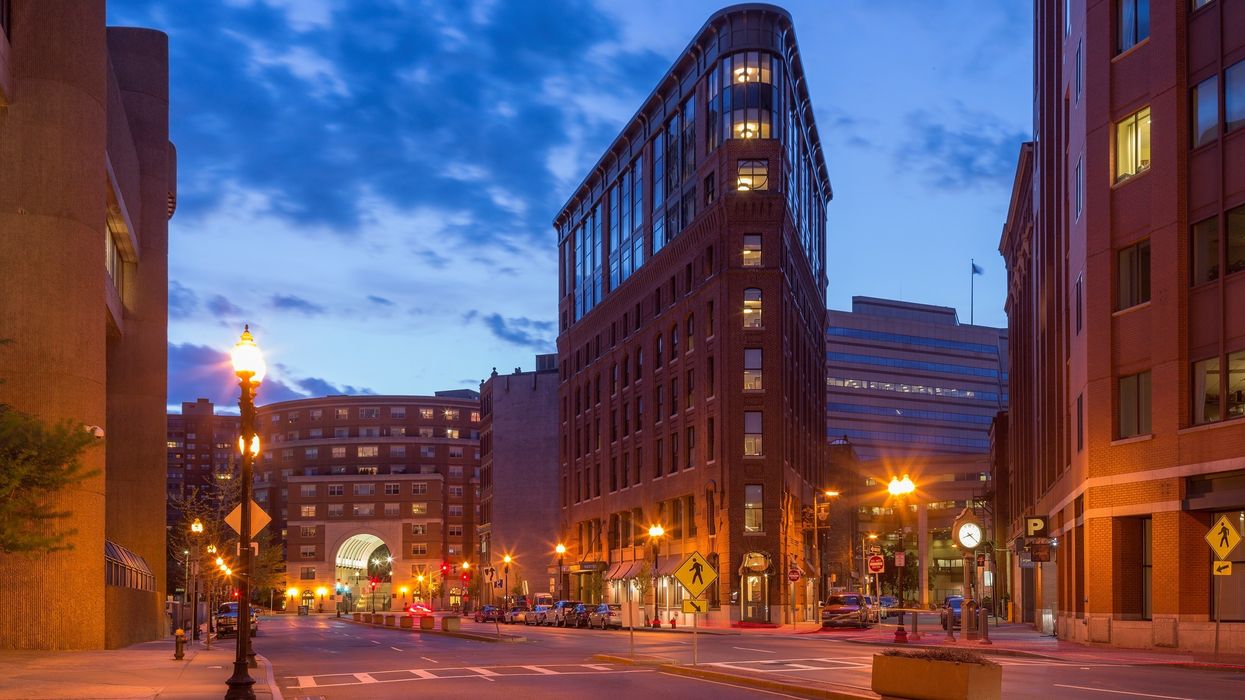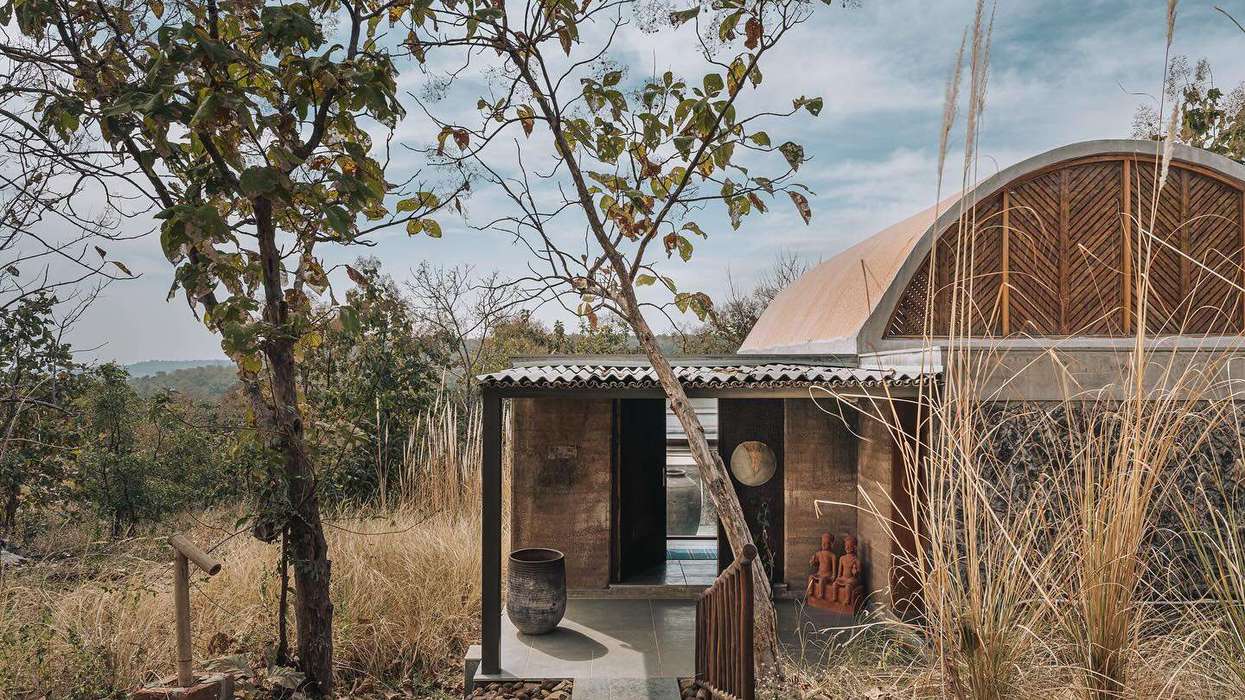Summary:
- Hersha Hotels & Resorts sold The Boxer Boston to Eurostars Hotels.
- The company acquired the property in 2012 for $12.6 million.
- The property now sold for $23.6 million.
HERSHA HOTELS & RESORTS sold The Boxer Boston, an 80-room hotel in Boston’s West End, to Eurostars Hotels, part of Spain’s Grupo Hotusa. The company, which reportedly acquired the property in 2012 for $12.6 million, received $23.6 million for it.
The seven-story hotel, built in 1904, is near TD Garden, the Charles River Esplanade, One Congress, North Station and Massachusetts General Hospital, said JLL Hotels & Hospitality, which brokered the sale. It also has a fitness center.
The current purchase price was $23.6 million, according to Banker & Tradesman, citing the Suffolk County deed.
Hersha Hotels & Resorts is part of the Hersha Group, founded in 1984 by Hasu Shah. Jay Shah serves as senior advisor and his brother Neil Shah is president and CEO.
JLL Managing Director Alan Suzuki, Senior Director Matthew Enright and Associate Emily Zhang represented the seller.
"The Boxer’s prime location at the crossroads of Boston's West End, North End and Downtown districts, combined with its strong cash flow and its unencumbered status regarding brand and management, made this an exceptionally attractive investment," said Suzuki. "Boston continues to demonstrate resilient lodging fundamentals driven by its diverse demand generators, including world-class educational institutions, medical facilities, corporate presence and convention and leisure attractions."
The property will become the Spanish hotel chain Eurostars’ fifth U.S. hotel, supporting the group’s North American expansion, the statement said.
Amancio López Seijas, president of Grupo Hotusa and Eurostars Hotels Co., said the addition of Eurostars’ The Boxer strengthens the company’s presence in key locations and promotes urban tourism.
Separately, Marcus & Millichap brokered the sale of a 127-room Hyatt Place hotel in Schaumburg, Illinois.






